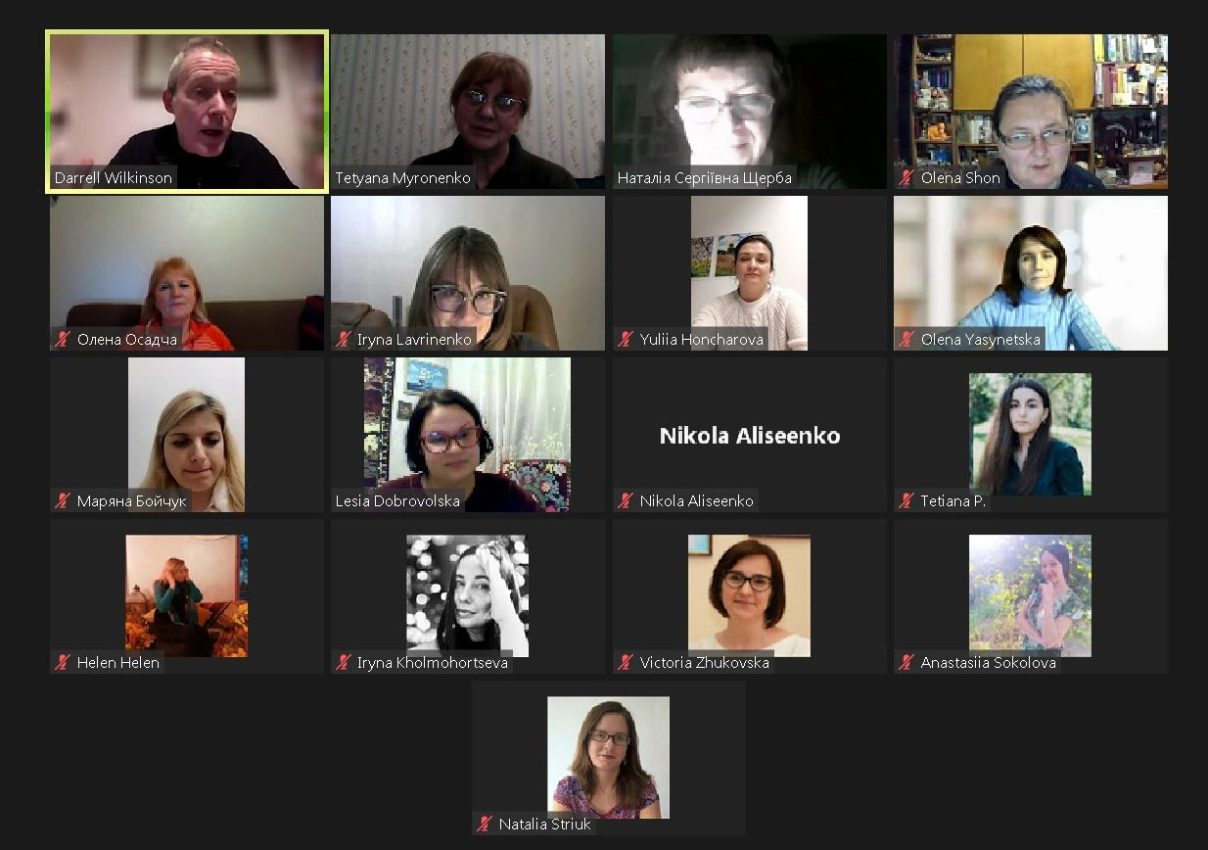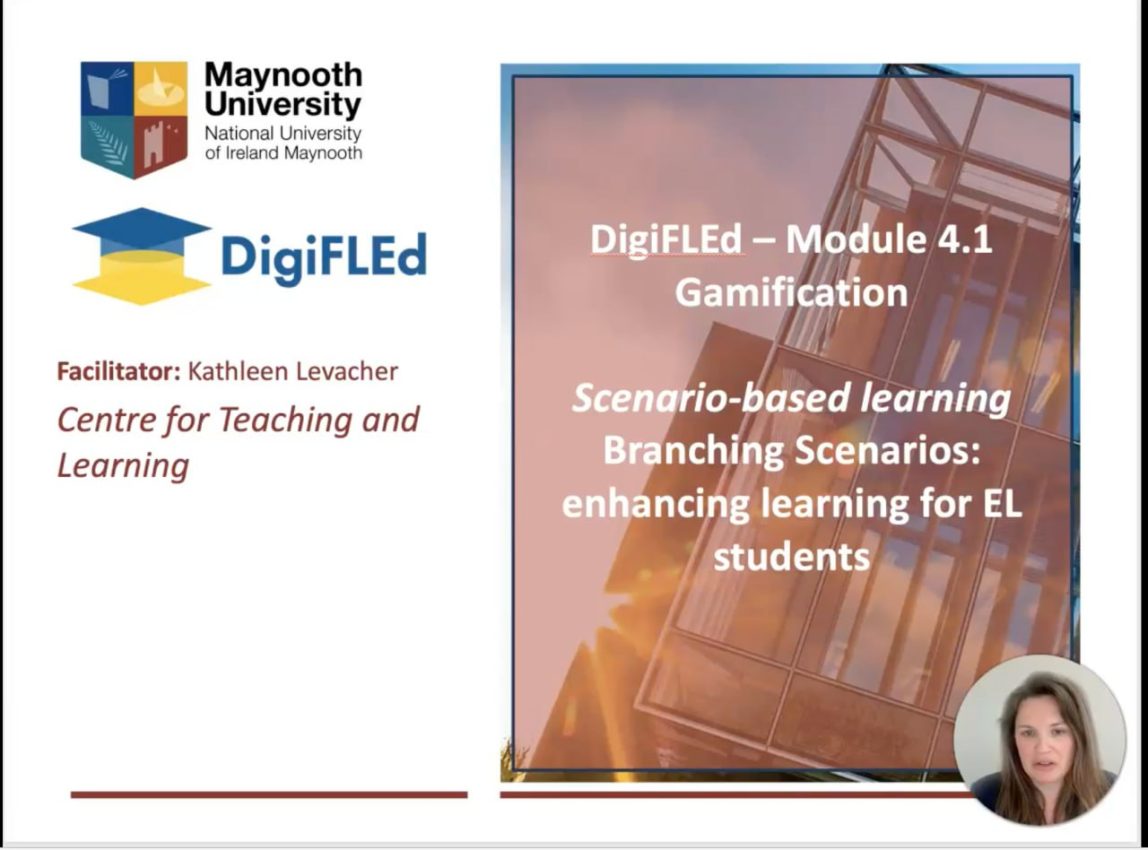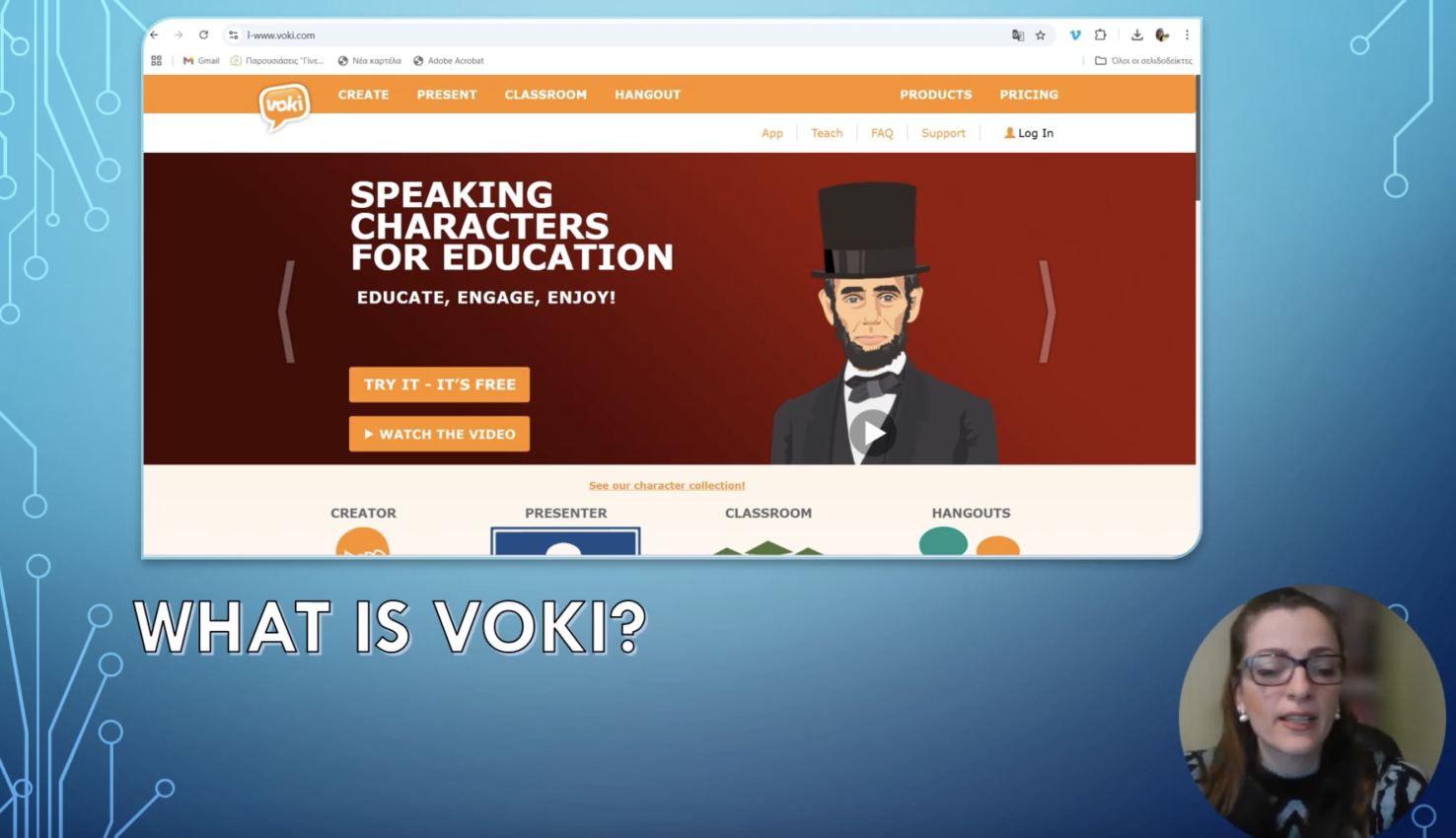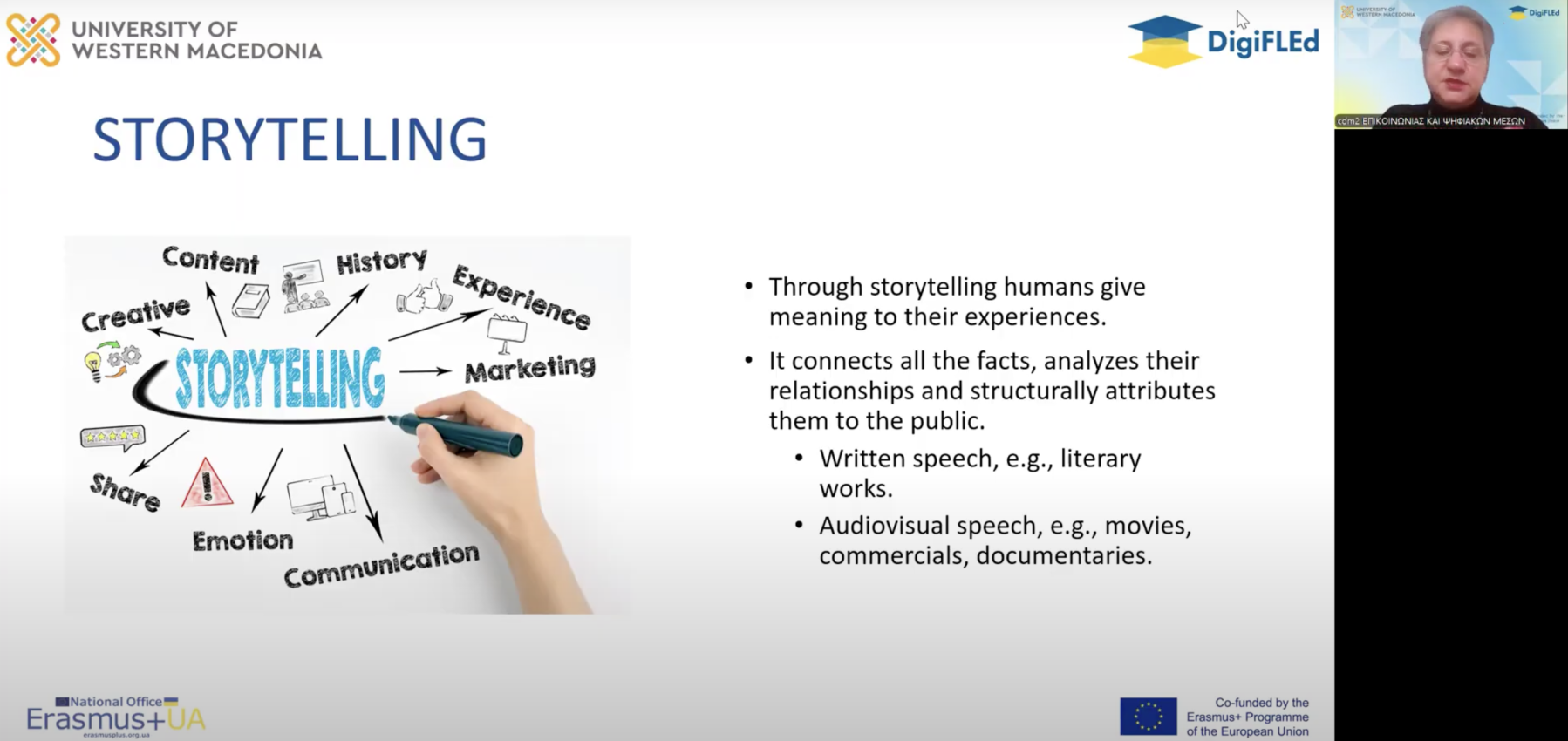The DigiFLEd project entered the second stage of implementation. After the educational visits of the members of the GIIM team to European partner universities (National University of Ireland Maynooth (Ireland), University of Western Macedonia (Greece), University of Tampere (Finland), a series of online trainings on the use of digital technologies for the development of new courses began. The trainings were offered by university specialists - partners.
They participate in trainings developers newhal courses: Marina Shkuropat, Olena Yasinetska, Olena Koroleva, Olena Krut, Halyna Dokashenko, Tetyana Radionova, Roman Sytniak, Nadia Pozhidayeva, Iryna Sklyar, Anna Vlasova; teachers GIIM, who expressed interest in improving their digital skills: Victoria Andrushchenko, Anastasia Sokolova, Serhiy Komarov, Arseniy Sytnikov, Vladyslav Bezkorovainy, Marina Rudenko, as well as colleagues from DDPU: Victoria Roman, Oleksandr Piskunov, Olga Radzievska, Lydia Naryzhna, Svitlana Siechka.
Training takes place in the "flipped classroom" mode according to the modules:
- Communication and Digital Media;
- Digital Applications in Language and Literature Studies;
- Digital Games and Gamification in FL Teaching;
- Digital storytelling;
- Digital Tools for creation, communication, and collaboration;
- Digital Tools for e-course construction;
- Digital Tools for Language Teaching;
- Essentials of constructing e-learning courses on the Moodle platform/Moodle Course Design Essentials;
- Supporting university virtual centers;
- Theories and Principles of Multimedia Learning;
- Translation Technology;
- Virtual and Augmented Reality;
- Writing for Research Publication Purposes.
Thematic modules include homework, Q&A sessions with trainers.
The Erasmus+ DigiFLEd project is a significant step in the introduction of innovative technologies into the educational process of the GIIIM. Participation in trainings will contribute to the professional development of teachers, will allow to improve the quality of teaching, and, as a result, will improve the effectiveness of training.










